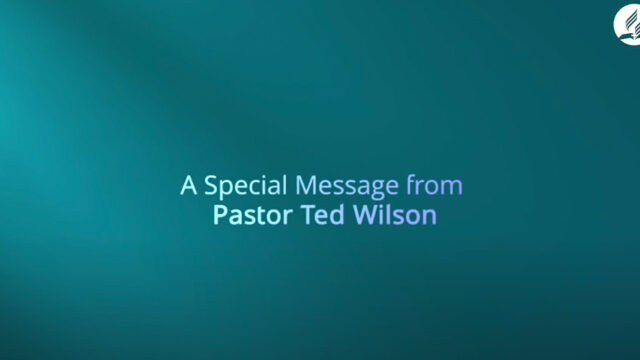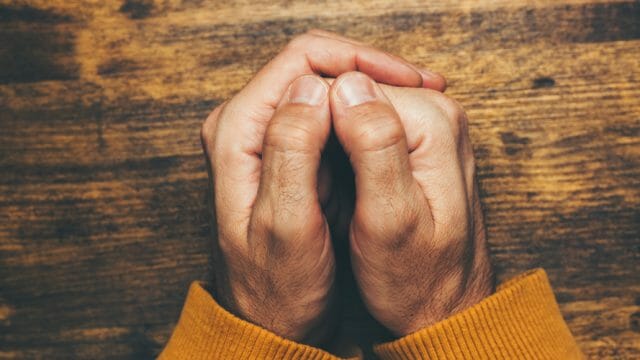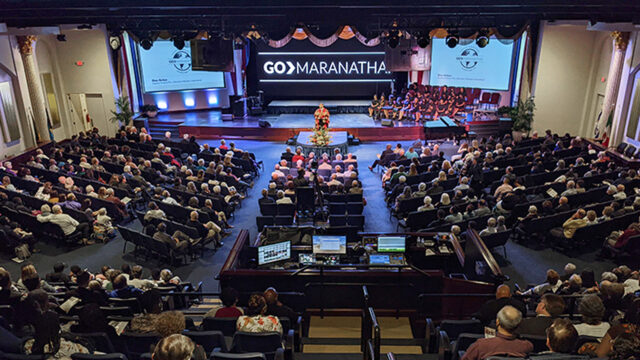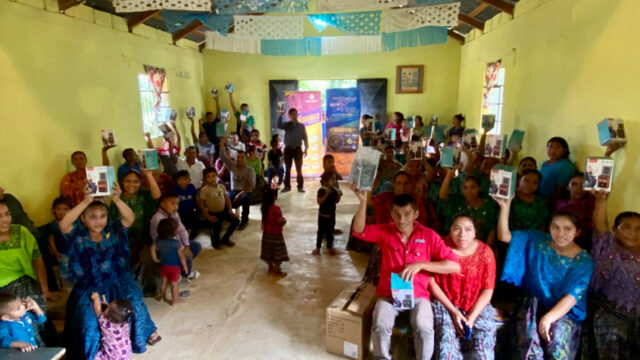Churches have a key role in helping to proactively prevent crime, London official says.
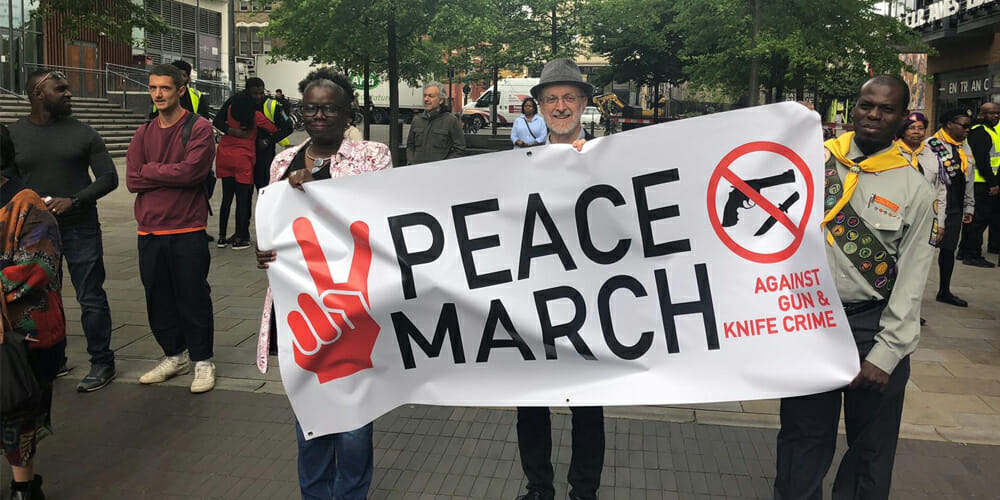
In the opening months of 2019, United Kingdom Home Secretary Sajid Javid described the escalation in knife crime as a “national emergency,” with a special emphasis needed to “tackle violence among young people,” according to The Guardian. For their part in tackling the problem, Seventh-day Adventists in the United Kingdom and Ireland set aside two consecutive Saturdays (Sabbaths) as days of silent prayer, particularly in local communities being affected by gun and knife crime.
Hackney Seventh-day Adventist Church in London is just one of the churches that took part in the “rise up in prayer and take back the streets” prayer walks on May 18 and 25, 2019. On the second Sabbath, donning red clothes to symbolize the lives taken by knives and the blood shed by Christ for those lives cruelly taken, members silently walked in pairs — the silence in tribute to those sadly taken from their communities.
The second day of silent prayer was followed by a much noisier peace march on bank holiday May 27, 2019. Led by members of the Hackney church, the march brought together members of the local council, including the mayor and counselors, along with community leaders and members of the public who are concerned with the rise in knife crime throughout the country.
Adventist members of the area’s Pathfinder clubs led the march, and many members of the public opened their windows, front doors, or businesses to watch the group of young drummers making noise for all the right reasons — letting people know that the bloodshed on the streets must stop and that the lives of young people are important. ITV News London, the Hackney Gazette, and Adventist Radio London brought the march to both local and national attention.
As the march climaxed at Dalston Square, Hackney pastor Joojo Bonnie told the crowd, “We are fed up with the dying, we are fed up with the gun violence, and we are fed up with the knife killing. We need to come together as one community and take a stand against this issue plaguing our communities.”
Mayor Philip Glanville publicly thanked the Adventist Church for taking the lead in bringing the community together in solidarity in the fight against a problem that has now become a national epidemic. He said, “It is very clear that the communities of Hackney care about our young people. The council and I, as mayor, believe in our young people, and marches like this are important to show that the community can come together in a spirit of peace and harmony.”
Councillor Ian Rathbone is responsible for the faith communities in Hackney. He was positive about the role the church can play.
“We know that the police and the government can do things. But it is us [the community and the church] who can do the most. Without us, the work cannot succeed; but with us together, we can succeed.”
Trans-European Division Teen and Community Ministries director Alastair Agbaje said, “This is the second successive year this church has led a march, and I am very impressed with the way the local church has collaborated with other organizations and church groups to positively impact the local community.”
This is one of the thirty projects that have received more than £25,000 (US$31,900) seed funding from Agbaje’s department this year.
Deji Adeoshun, Youth Leadership Manager for Hackney Council, told Nigel Maunganidze of Adventist Radio London that the church has a key role to play in reaching out to youth within the community. “Churches can employ young people to run positive activities in the communities,” he said. “Many young people are gifted and talented in a particular area, but because of a lack of resources and funding are not given an opportunity to shine, which stifles their full potential.” He added, “Churches must reach out to these young people and give them this opportunity before they are caught up by other influences which lead to a life of crime, with the result, in some cases, of death due to knife crime.”
Interviewed on ITV News, Pathfinder Riann Brooks emphasized that “it’s important for people to see that young people are doing something positive. It’s good for other young people to see that there’s another option.”
The original story was posted on the Trans-European Division news site.


